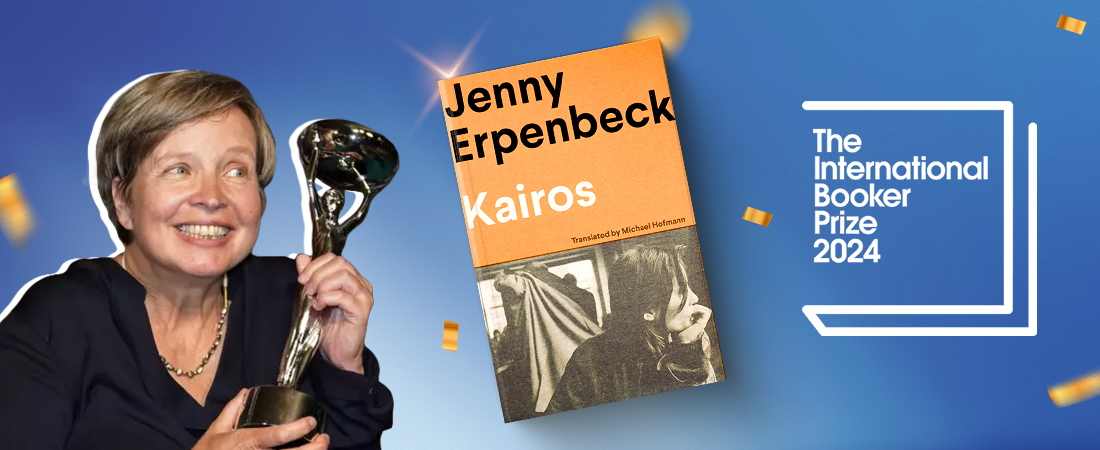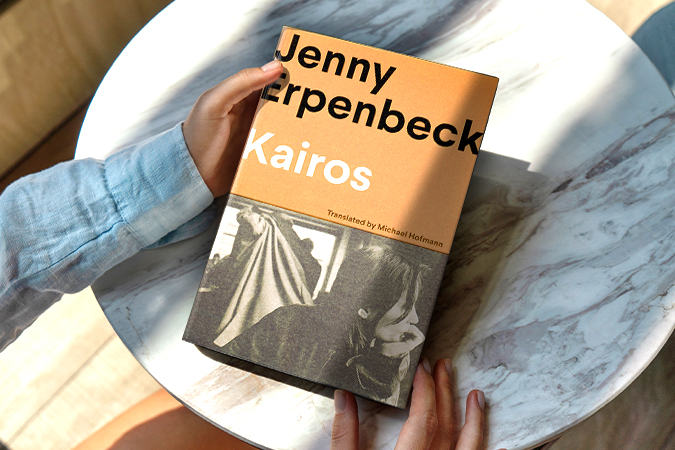
Literature lovers, rejoice! The International Booker Prize 2024 has been awarded to Jenny Erpenbeck’s captivating novel, Kairos, translated by Michael Hofmann. Announced on May 21, at a ceremony held at London’s Tate Modern, the win marks a significant moment for both author and translator.
Erpenbeck’s poignant exploration of a passionate yet destructive affair set against the backdrop of 1980s East Berlin resonated deeply with the judges. The novel delves into the lives of two lovers whose entwined fates seem to mirror the crumbling idealism of East Germany itself. It’s a meditation on the complexities of love, loyalty, and freedom, laced with the bittersweet tang of hope and disappointment.
This win holds a special place in history as Erpenbeck becomes the first German author to win the International Booker Prize, while Hofmann becomes the first male translator to do so. Kairos echoes the footsteps of last year’s winner, Time Shelter, by weaving its narrative around the fall of the Iron Curtain in Eastern Europe.
What Makes 'Kairos' So Special?

The judges, led by Chair Eleanor Wachtel, were effusive in their praise. Wachtel commended Erpenbeck’s “luminous prose” that lays bare the intricate dynamics of the lovers’ relationship. She lauded the portrayal of their daily struggles within the confines of East Berlin – their apartments, cafes, workplaces – capturing the city’s atmosphere with vivid detail.
The novel transcends a mere love story, venturing into the realms of power, art, and the ever-present political climate. While the initial spark is passionate, it soon descends into a “destructive vortex,” mirroring the larger unraveling of East Germany. Wachtel highlights the brilliance of Hofmann’s translation, its ability to retain the eloquence and unique rhythm of Erpenbeck’s writing.
The Intrigue of 'Kairos' Lies in its Duality
This is a novel that’s both unsettling and captivating, deeply personal yet undeniably political. Erpenbeck masterfully weaves the threads of a devastating love affair with the cataclysmic events shaping a generation. She compels the reader to confront uncomfortable truths, questioning the interplay between destiny and free will. Just like East Germany, Kairos begins with optimism and trust, before succumbing to a heart-wrenching unraveling.




